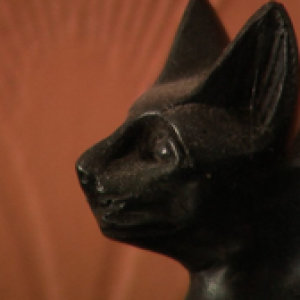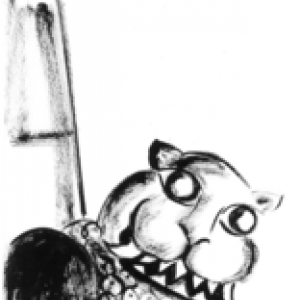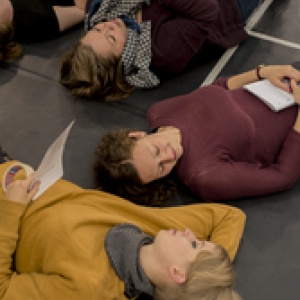
Exploring the Efficiency of Artistic Practices within the Context of their Interaction
This exposition presents the artistic research project ‘Exploring the Efficiency of Artistic Practices within the Context of their Interaction’, which examines the ways in which artistic practices interact with one another. It understands practices as the organised media and structures through which a researcher is able to initiate and continue the process of environmental constitution, the embodied process through which the world emerges as meaningful for and with us. The project is situated within the context of a phenomenological approach to consciousness and sense-making. It demonstrates the potential of artistic practices as phenomenological methods; practices not merely for the creation of art but as vehicles for investigation into human experience.
The exposition is separated into two sections:
The first section attempts to present—that is, to make present—the environment as constituted by the researcher through his engagement with the four main artistic practices; descriptive writing, auditory diagramming, sketching and composing. As part of these practices, the initial engagement with the researcher's surroundings was established through the practices of listening and hearing - making this a primarily aural undertaking. The artefacts are given to the reader in a way that hopes to facilitate desired conditions in which the researcher’s perceived environment becomes present. The artefacts relate directly to the practices which allowed the researcher’s understanding of his environment, and are therefore powerful objects, which may allow the reader to come into contact with the same dynamics that allowed the environment to appear in the first place.
The second section contains a reflective text which looks back on this process of environmental constitution in an attempt to understand the role of each artistic practice within the context of their interaction. It also contextualises the project within the framework of artistic research, by understanding the artistic practices not only as methods for art creation, but also as mediators of human experience, and therefore as tools for understanding the way the world emerges with us. The text, therefore, simultaneously addresses the idea of consciousness as an enactive process, one which sees a blurring of agency between researcher, practice and environment.
The reflection is split into two sections, each referring to two different phases of research: the first, an open and generative approach to the engagement of the practices. The second, a pre-determined and deliberate structure for this engagement.



